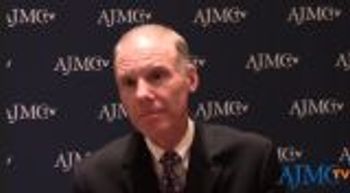
Sen. Ron Wyden (D-Ore.), in his first speech as the new chairman of the powerful Senate Finance Committee, said it's important for Congress to pass legislation that would permanently repeal Medicare's contentious physician payment formula, but did not say how lawmakers intend to pay for it.







